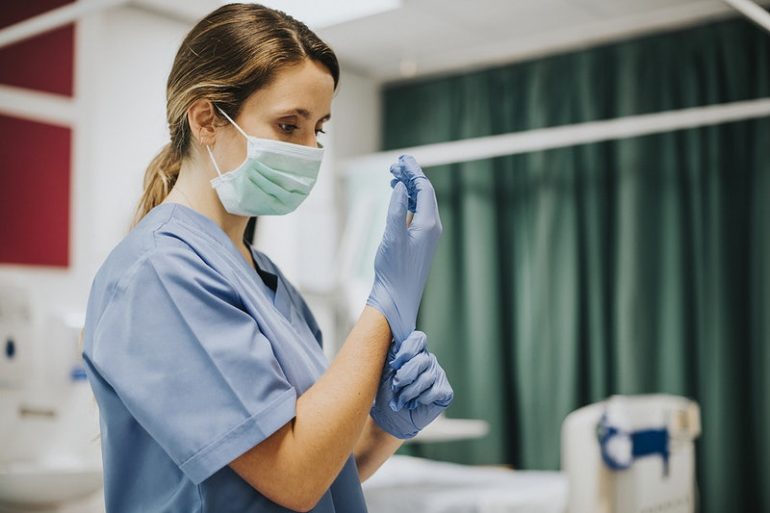A petition has been presented to the Senedd this week to improve care provision for those living with the condition
One in 10 women in the UK suffer from the gynaecological condition endometriosis and yet there are only two consultants in Wales who specialise in the condition.
One specialist is in Swansea while the other is based in the University Hospital of Wales in Cardiff. That works out as roughly one specialist per three million women in Wales.
This means that many patients from North and Mid-Wales are having to travel across the border to get access to one of England’s 59 specialists – that’s roughly one per 500,000 women in England.
The situation has led to calls from patients to greatly increase provison in Wales.
Dee Montague from the Treatment for the Women of Wales Organisation said: “The main thing we’re calling on is for the Welsh Government to make urgent intervention to ensure that patients can access pathways to the care that they desperately need”.
It takes on average 8.5 years for people to receive their final diagnosis here in Wales – the longest of the home nations.
But even after getting diagnosis, there is a further six-year waiting list for NHS treatment, with those who are able to afford private care able to receive treatment sooner.
Anna Cooper who suffers from the condition said “There’s definitely inequality when it comes to Endometriosis.
“They try to implement funding to women’s health but it’s just not enough”.
Patients are not only concerned about the lack of physical treatment but also the mental health support available for those suffering.
Due to a long waiting time for diagnosis, people doubt and question their symptoms which has a detrimental effect on their mental health.
One sufferer who wishes to remain anonymous told CJS News: “Being gaslighted by people who are supposed to diagnose you makes you feel crazy. Mental Health services need to improve and they need to improve fast”.
To add to these inequalities and anxieties experienced by patients, endometriosis is not considered as a physical disability and therefore patients aren’t able to access disability benefits.
A report released by the Welsh Government in 2018 acknowledged the lack of resources and care provided to patients but despite these findings, nothing has since been improved in the healthcare provision for the condition.
Since then the situation has worsened for some and campaigners are calling on the Welsh Government to implement changes and provide adequate funding and prioritise those suffering from Endometriosis.
A petition calling for greater funding for treatment was handed to the Senedd earlier this week after gaining a total of 5,895 signatures.
It is now under consideration by the Senedd’s Petition’s Committee.

